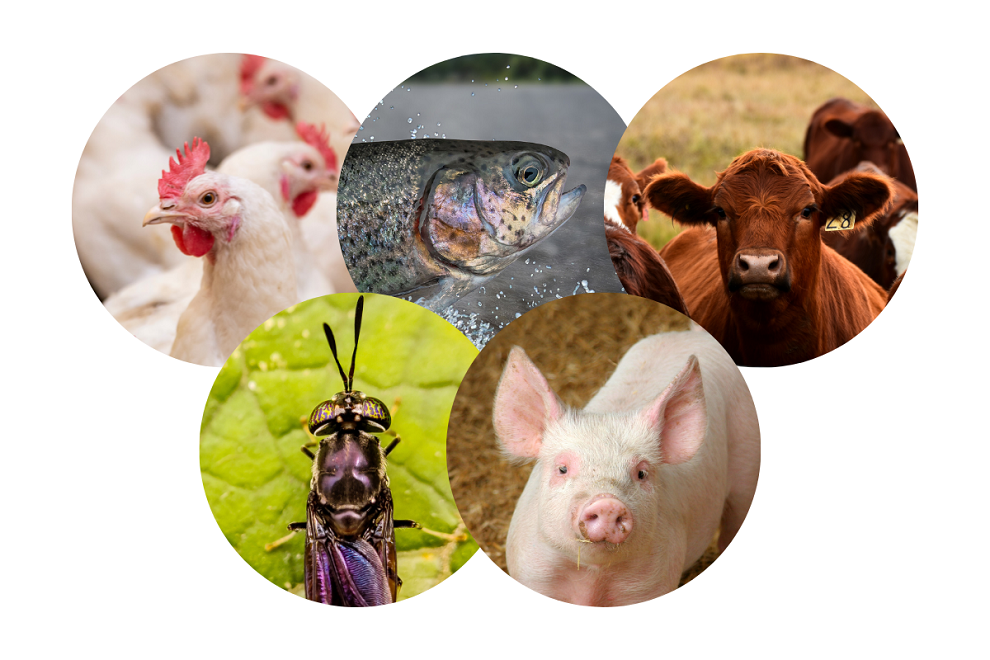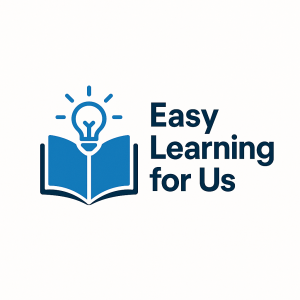
This course equips learners with the knowledge and practical skills necessary for conserving soil and water, which are critical resources in sustainable agriculture and environmental management. The course focuses on identifying the causes of soil erosion, land degradation, and water scarcity, and explores both mechanical and biological conservation methods. Learners will gain practical skills in designing and implementing soil and water conservation structures, managing soil fertility, and applying efficient water harvesting and irrigation techniques.
Emphasis is placed on the role of soil and water conservation in improving agricultural productivity, protecting natural resources, and supporting climate resilience. The course integrates theoretical knowledge with hands-on activities to prepare learners for practical application in farming, land management, and rural development.
- Teacher: winnie moraa

This unit introduces learners to the principles and practices of animal production with a focus on sustainable, efficient, and profitable livestock management. The course covers both theoretical and practical aspects of managing various types of farm animals, including cattle, sheep, goats, pigs, poultry, and emerging livestock enterprises such as rabbits and bees.
Learners will explore key concepts in animal breeding, feeding, housing, health care, and general farm management. Emphasis is placed on animal welfare, environmental considerations, and the role of animal production in food security and income generation. The unit prepares students with the foundational knowledge and skills required to participate in or manage animal production enterprises effectively.
- Teacher: winnie moraa
